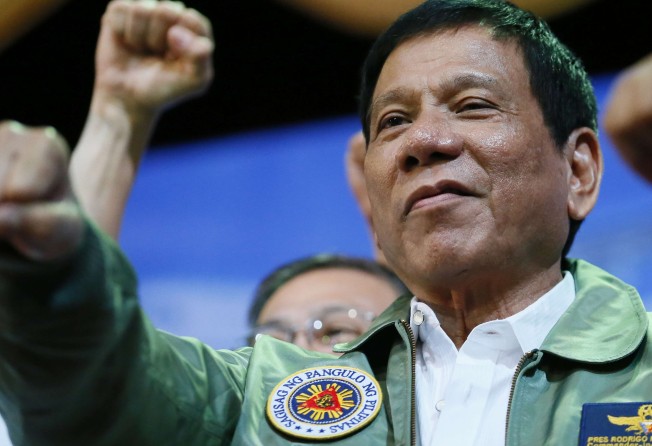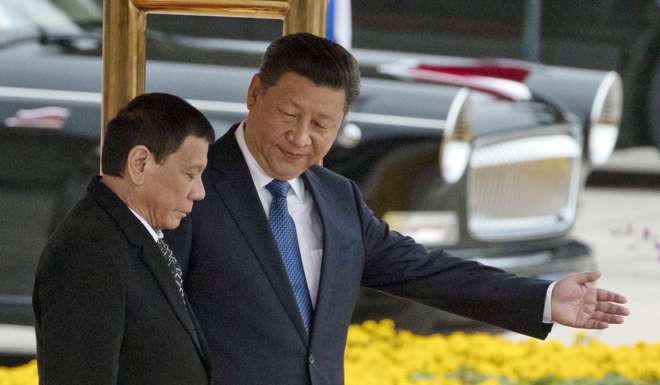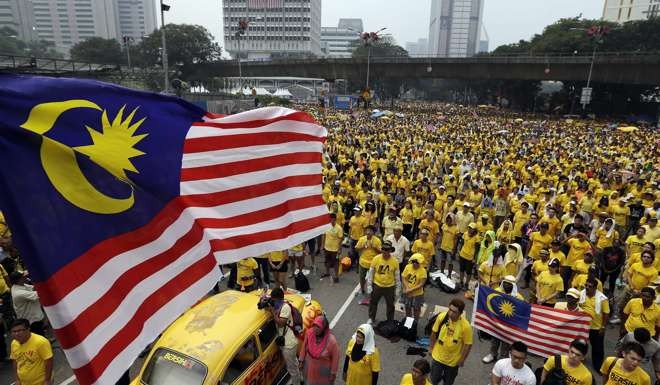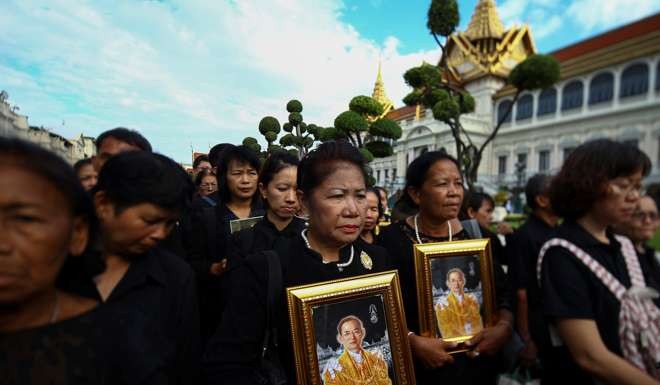After the Duterte whirlwind, brace for more dramatic political change in Asia
Daniel Wagner says democracy has produced some unusual results across the world, but Asian voters used to leading the charge for change must be careful what they wish for

For decades, Asia was thought to be unable to translate populist political sentiment into change at the ballot box, with communist autocracies, military dictatorships and paternalistic strongmen ruling so much of the region – seemingly in perpetuity.
Indeed, four of the world’s five remaining communist governments are in Asia (China, Laos, North Korea and Vietnam), the military remains firmly entrenched in the political process in countries such as Indonesia and Myanmar, and de facto one-party rule persists in Singapore. That said, populist political movements have now become prevalent, if not predominant, in the region, resulting in an unusual mix, ranging from democracy to autocratic rule.
Asian populism has produced some surprisingly good and bad leaders over the past couple of decades. The Philippines stands out, having produced presidents as diverse as Joseph Estrada, Benigno Aquino and Rodrigo Duterte, all in the space of 15 years. The wild gyration in the political orientation of its leaders – from the pragmatist Aquino to the bombastic and outrageous Duterte – speaks volumes about the power of popular will, as well as its capriciousness. The net result of Duterte becoming president is dramatic change in the country’s domestic and international landscape, with what is in effect the capsizing of its post-war security relationship with Washington – something Philippine voters certainly did not expect and many do not want.

The same is true in a very different way in Malaysia. While popular will resulted in keeping the status quo in the presidential election of 2013 – with the National Front (and Prime Minister Najib Razak) remaining in power – as a result of the 1MDB scandal and growing disaffection with the Front, Razak’s government is now in trouble. With urban voters increasingly rejecting the ruling coalition, Razak is courting rural Malays, who tend to be more conservative and supportive of some elements of Islamic law.
Earlier this year, the Front fast-tracked the reading of a bill which sought to increase the punishment that courts may impose on Muslims convicted of religious offences through existing Islamic courts. The very idea that Razak would embrace Islamic law for political gain is despicable, but also extremely short-sighted, given that this is likely to be difficult to reverse, as well as have unintended consequences. This is also something Malaysian voters did not want or expect when they voted Razak back into power.

After the largest purchase of US military hardware in 20 years in February, Razak’s government has just announced that it intends to purchase littoral mission ships from China. Duterte has said that the Philippines also intends to purchase arms from China (and Russia) rather than the United States. America’s “Asia Pivot” is working out well – for China, with two staunch US allies unexpectedly shifting allegiance away from Washington and towards Beijing. In Duterte’s case, this is an unintended consequence of the exercise of political populism; in Razak’s case, it is the result of a desperate bid to cling to power.
The stage seems set in Malaysia and South Korea for change, and it would not be unrealistic to expect something similar in Thailand
Both are indications that Asia is ripe for the same radical political change sweeping other parts of the world, such as in Europe with the rise of the right, strongman rule in Nicaragua and Turkey, and the outpouring of political expression of tens of millions of disaffected voters in the US presidential election. The stage seems set in Malaysia and South Korea for change, and it would not be unrealistic to expect something similar in Thailand, given the death of King Bhumibol Adulyadej and the unresolved conflict between the red-shirt and yellow-shirt movements.

The world has entered a particularly perilous time as historic political change is once again starting to become the rule. Democracy has unleashed unanticipated forces with some unusual results. Voters the world over are expressing their dismay and disgust at the ballot box against “business as usual”. Over the past several decades, Asia’s people have proven themselves quite capable of leading the charge in favour of dramatic political change. But voters should also be careful what they wish for.
Daniel Wagner is managing director of Risk Cooperative and co-author of the new book Global Risk Agility and Decision Making